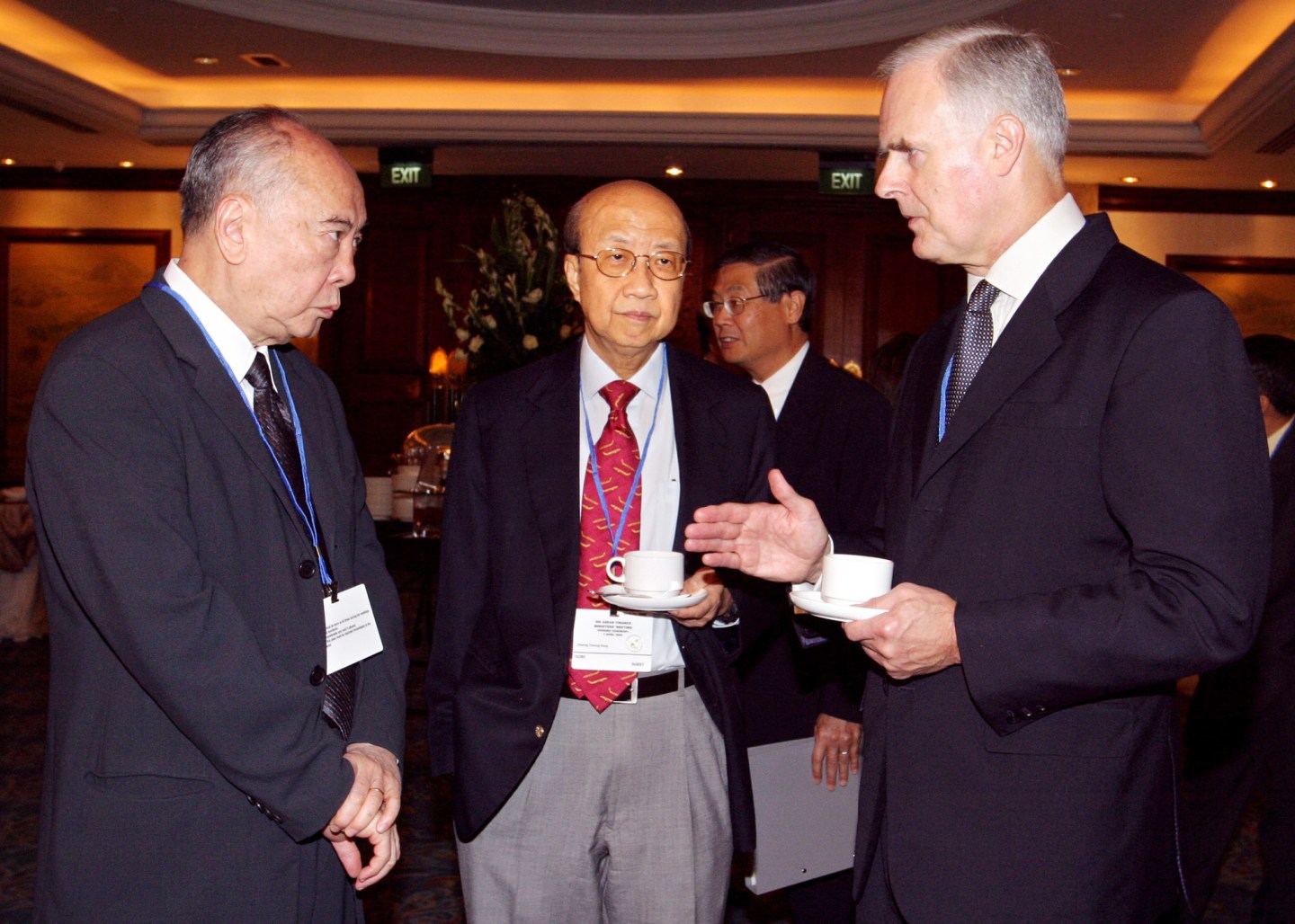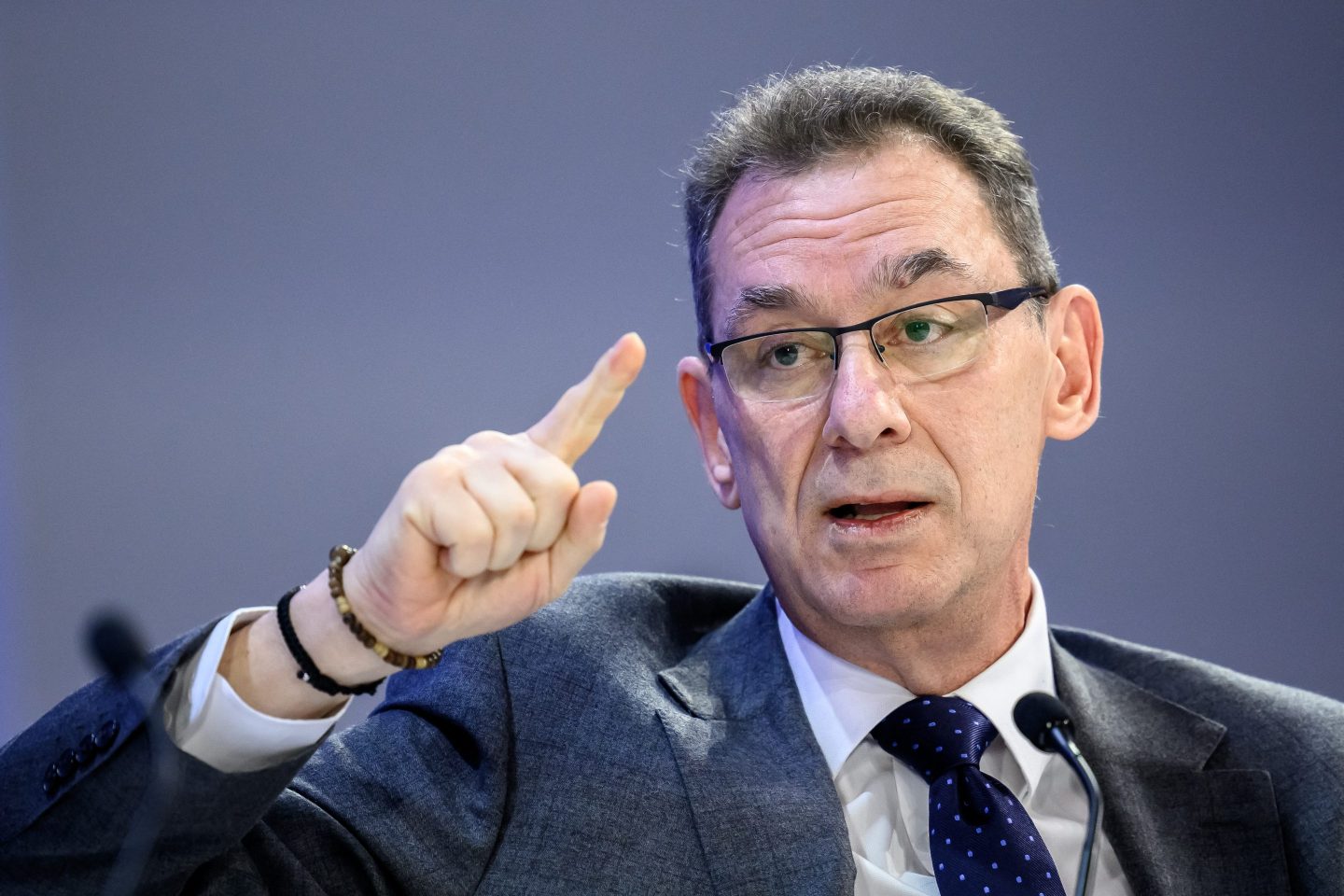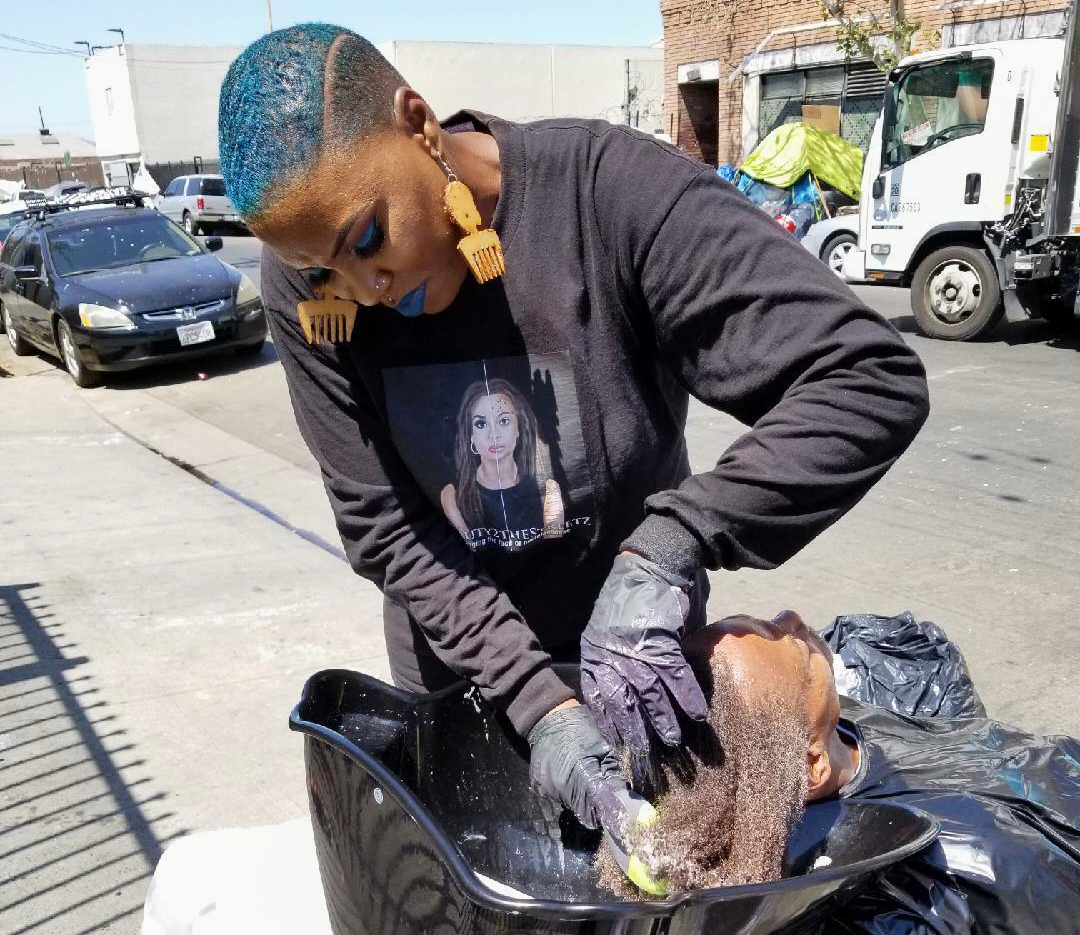Wee Cho Yaw, the billionaire who shaped Singapore’s financial landscape by amalgamating several old family-controlled banks, has died. He was 95.
The former chairman of United Overseas Bank Ltd. Died on Saturday, according to a spokesperson for the lender. His funeral will be held on Feb. 7.
Wee was one of the last of a generation of bankers born before World War II who came to dominate Singapore’s financial system after the country gained independence from Britain in the 1960s. He spearheaded the acquisition of banks across Southeast Asia to form UOB, one of the region’s largest lenders, after his father co-founded its predecessor in 1935.
He amassed a net worth of $10.4 billion as of February 2024, according to the Bloomberg Billionaires Index.
“My father has left an indelible mark in Singapore and the region,” Wee Ee Cheong, chief executive officer of UOB since 2007, said in a statement. “Whether it is through thinking for the long-term, the importance of deep relationships, doing the right thing or giving a helping hand to those in need, the influence of my father and his values will endure at UOB.”
The elder Wee was the chairman of UOL Group Ltd, one of Singapore’s largest property developers. Notable parts of his property empire include the Pan Pacific Hotels chain and the SGX Centre in Singapore. He played a key role in rescuing the parent company for the producer of Tiger Balm, an iconic pain-relief ointment that dates back to the times of the Chinese emperors.
“Dr Wee was a visionary business leader, pioneering entrepreneur and philanthropist,” UOL said in a statement. Wee was chairman for over 50 years since 1973. Under his helm, UOL grew from a local firm with assets of S$70 million ($52.1 million) to one with a presence in 15 countries and total assets of more than S$20 billion, the company said.
Key Acquisition
Wee was born in Kinmen, an island off the coast of China’s Fujian province, to Wee Kheng Chiang, a businessman, and Koh Geok Siew, a villager from the fishing port of Jincheng. They married when Geok Siew was 18 and she became Kheng Chiang’s second wife, with the blessing of his first wife. Such was a common practice at the time.
Wee Cho Yaw stayed with his mother until age seven, then moved to Malaysia and later to Singapore in 1939. His early education was disrupted by World War II as the Japanese started bombing Singapore two years later.
He resumed his studies in 1949 at St. Andrew’s, an Anglican secondary school, but didn’t take to it because he was older than most of his classmates — and less proficient in English. Instead he joined his father’s commodity and spice trading firm Kheng Leong in Singapore.
Wee left that career in 1958 to focus on building the family’s bank. Incorporated as the United Chinese Bank, it catered mainly to the Fujian community in its early years, according to the bank’s website. The name was changed in 1965.
After listing it in 1970, Wee embarked on a series of takeovers, steering UOB through the consolidation of Singapore’s financial sector, in which dozens of banks were sucked up by the early 2000s into the three major ones now.
His most famous takeover occurred in 2001 when he defeated regional giant DBS Group Holdings Ltd. To buy Singapore’s Overseas Union Bank Ltd.
OUB had perceived DBS’s offer as hostile, mainly because the government-backed lender hadn’t consulted its tycoon owner Lien Ying Chow before launching the bid. Things were made worse by damaging comments in its takeover documents.
Wee, who hadn’t planned on buying OUB, quickly arranged to meet with Lien and his wife at their home before making a friendly S$10 billion bid that eventually won over the bank.
Wee also diversified into other product areas like trade finance and foreign exchange.
His involvement with Tiger Balm was circuitous. The parent, Haw Par Brothers International, went public in 1969 but soon fell on hard times and the Singapore government intervened to save it in 1975. A new board, including Wee, was formed to put the house in order; he was appointed chairman in 1978 and consolidated the business, according to the company website. It was renamed Haw Par Corp. In 1997.
Family Succession
Wee stepped down as chairman of UOB in 2013 but stayed on as chairman emeritus and a honorary adviser.
The bank’s acquisitive zeal waned, although it remained one of Singapore’s biggest along with DBS and Oversea-Chinese Banking Corp. At the company’s annual meeting in 2016, Wee explained that acquisitions came with risks, and UOB needed to be careful.
In early 2022, his oldest son, Ee Cheong, led the bank in its first hefty takeover in 16 years, agreeing to pay about S$4.9 billion to buy the consumer assets of Citigroup Inc. In Indonesia, Malaysia, Thailand and Vietnam.
The elder Wee expressed pride in a 2014 biography that, at the time, all his children managed or worked at family-related businesses. Another son, Wee Ee Chao, took over the brokerage UOB Kay Hian Holdings Ltd. In 2000.
Ee Cheong’s son, Wee Teng Chuen, left the bank in 2020 and joined 32 Real Estate Pte. As managing director and head of capital raising.
“I do not know if the fourth generation of the Wee Kheng Chiang family will take over the reins in the future,” Wee said in the 2014 biography. “I can only hope they do.”












